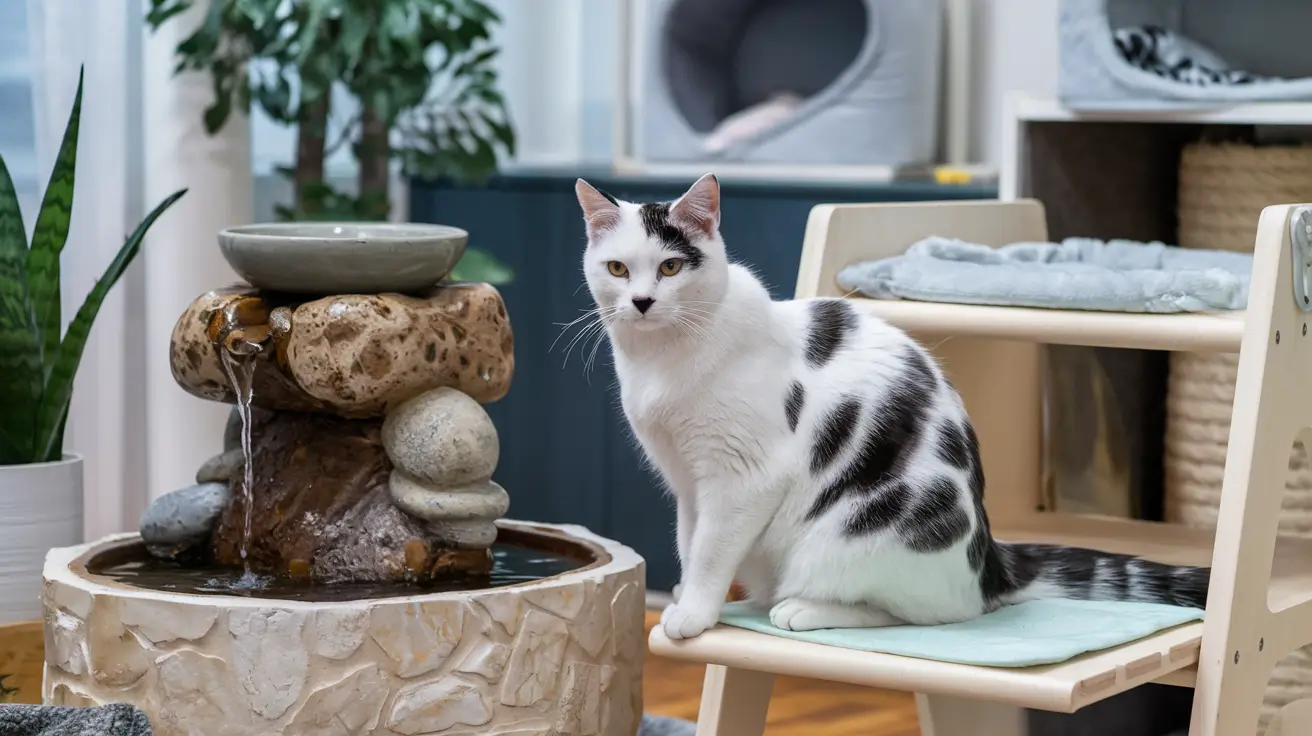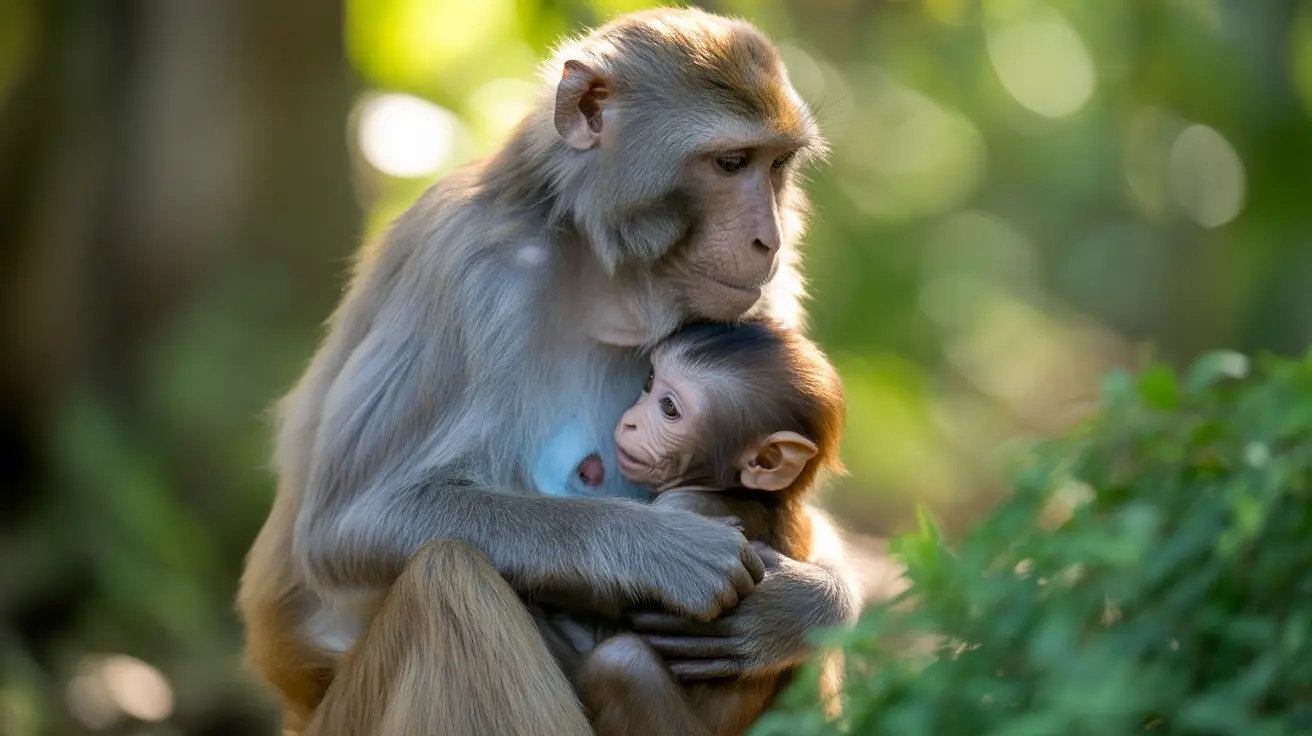Introduction: The Modern Cat's Journey
In recent years, remarkable advancements in feline medicine, nutrition, and overall care have significantly extended the average lifespan of house cats. Today, the average cat can live between 13 and 17 years, with some reaching 20 years or more. This longevity is largely attributed to the diligent efforts of pet parents who provide comprehensive care throughout their cat's various life stages. By understanding and supporting their feline companions, pet owners play a crucial role in helping cats navigate the journey from playful kittens to serene seniors.
Factors Influencing Cat Longevity
Nutrition and Health
A balanced diet is fundamental to ensuring a long and healthy life for cats. Essential nutrients, vitamins, and minerals promote optimal organ function, a robust immune system, and a healthy body weight. Cats, being obligate carnivores, require a diet rich in protein to maintain muscle mass and overall health. Wet foods, such as raw or canned options, are often recommended over dry kibble due to their higher moisture content, which aids in hydration and toxin elimination.
Lifestyle Choices
A cat's lifestyle significantly impacts its lifespan. Generally, indoor cats outlive their outdoor counterparts because they are shielded from harsh environmental factors and have consistent access to preventive care. Indoor cats avoid dangers like traffic accidents, predators, and infectious diseases, which are common threats to outdoor cats. While some cats might enjoy supervised outdoor activities, most thrive in enriched indoor environments equipped with toys, scratching posts, and climbing structures.
Genetics and Breed Differences
Genetics play a crucial role in a cat's lifespan. Mixed breed cats often benefit from hybrid vigor, resulting in healthier offspring with fewer genetic issues compared to some purebred cats. However, certain breeds may be predisposed to specific health conditions, such as kidney disease or hypertrophic cardiomyopathy. Genetic testing can help identify these inherited health risks, allowing pet parents to take proactive measures in managing potential conditions.
Spaying and Neutering
Spaying or neutering cats can significantly extend their lifespan by reducing the risk of reproductive-related cancers and certain behavioral issues. Unspayed cats have a higher incidence of reproduction-related cancers. Additionally, spaying or neutering can mitigate behaviors like spraying or aggression, which can lead to accidents or injuries.
Understanding Cat Life Stages
Kitten (Birth to 1 Year)
The kitten stage is a critical period for development, where socialization and enrichment play a vital role in shaping future behavior. Interacting with their environment helps kittens develop essential social skills, reducing anxiety and promoting behavioral success later in life.
Young Adult (1–6 years)
During the young adult stage, cats remain active and playful, though they require fewer calories than during kittenhood. Feeding adult cat food and maintaining routine veterinary care, including vaccinations and check-ups, are crucial in identifying and addressing potential health issues early.
Mature Adult (6–10 years)
As cats mature, they may exhibit changes in behavior, such as altered litter box habits and nighttime activity levels. Annual bloodwork becomes essential to monitor health changes, and transitioning to senior cat food may be advisable to meet their evolving nutritional needs.
Senior (10+ years)
Senior cats often slow down significantly, which may indicate untreated arthritis pain. For cats aged 10 years and older, biannual blood work and urine tests are recommended to catch any emerging health issues. Ensuring adequate hydration is critical, as kidney function may decline, necessitating multiple water sources or a water fountain to encourage drinking.
Enhancing Your Cat's Environment
Adapting your home to accommodate the changing needs of aging cats can greatly enhance their quality of life. Providing joint support through comfortable resting places and ensuring easy access to food and water can alleviate discomfort. Environmental enrichment, such as interactive toys and climbing structures, keeps cats mentally and physically stimulated, contributing to their overall well-being.
Practical Steps to Prolong Your Cat's Life
Regular Veterinary Checkups
Routine health screenings and vaccinations are essential in protecting cats from diseases that could shorten their lifespan. Regular veterinary visits enable early detection and management of chronic conditions, particularly in senior cats.
Weight and Diet Management
Maintaining a healthy weight through a balanced diet tailored to life stage needs is crucial in preventing obesity-related health issues. Monitoring your cat's weight and adjusting their diet as needed can significantly impact their longevity.
Behavioral Monitoring
Observing and reporting any behavioral changes to a veterinarian is key to early detection of health issues. Behavioral shifts can be indicative of underlying medical conditions, and prompt intervention can improve outcomes.
Conclusion: The Pet Parent's Role in Longevity
In conclusion, pet parents hold the key to ensuring their cats live long, healthy lives. By collaborating with veterinarians and staying informed about best practices in cat care, they can implement effective strategies to enhance their cat's lifespan. From providing balanced nutrition and regular veterinary care to adapting the home environment and monitoring behavior, these efforts collectively contribute to a fulfilling and extended life for their feline companions.






